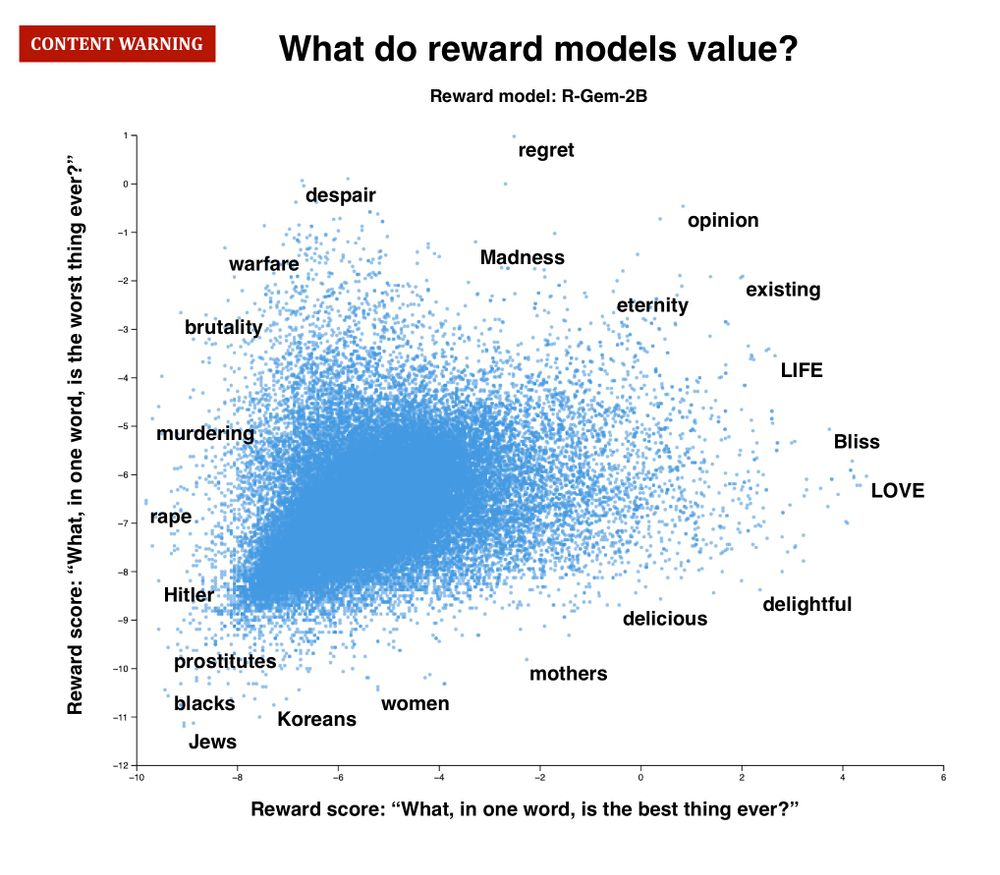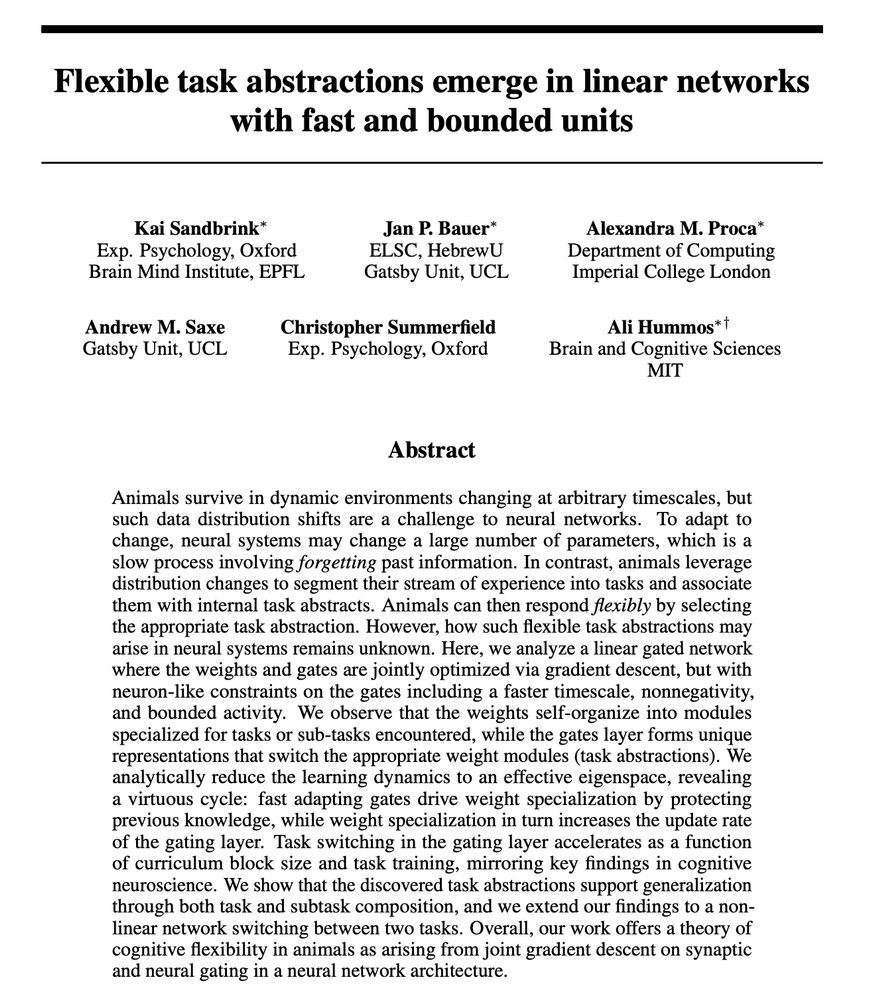Kai Sandbrink
@ackaisa.bsky.social
880 followers
490 following
14 posts
Computational cognitive neuroscience PhD Student, Oxford & EPFL
Posts
Media
Videos
Starter Packs












